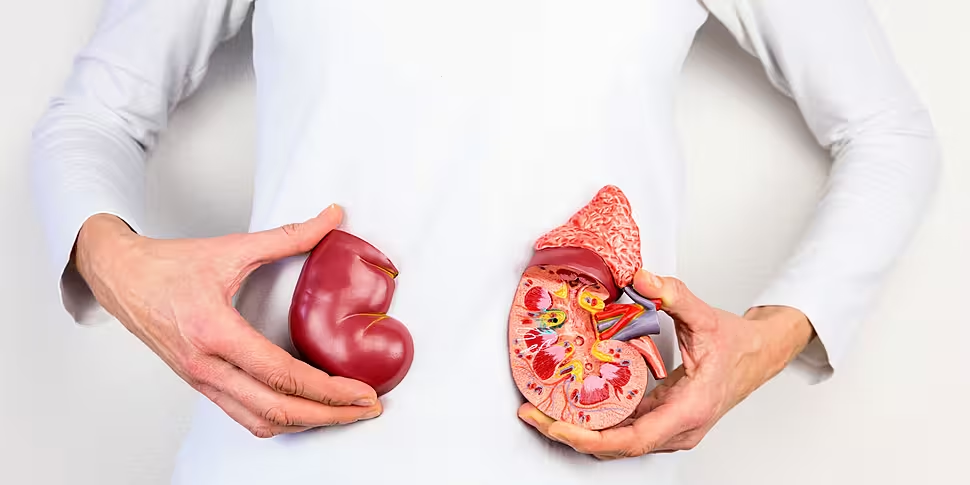From Tuesday the 17th of June, when a person dies, they will automatically be assumed to be an organ donor unless they have indicated an objection during their lifetime.
Spokesperson for the Irish Kidney Association Colin White told Newstalk Breakfast that the organisation sees the move as a “step in the right direction”.
“I think it’s important to understand that consent and organ donation, it’s only one part of a larger jigsaw,” he said.
“There is need for physical infrastructure, there’s need for sufficient staffing, et cetera.
“We’re certainly moving in the right direction, and I think the important part of this legislation will be to trigger a national dialogue about the value and impact of organ donation for transplantation.”
View this post on Instagram
Gript Media writer Laura Perrins said further consultation should take place before the law changes.
“I would imagine that there’s a small minority that have a big problem with this,” she said.
“I mean, the Irish State doesn’t have a great record when it comes to medical consent.
“There are a number of inquiries and stories around right now that show that consent hasn’t been secured in other areas of medical ethics."
Organ donation: Family must not object
According to Mr White, there “was consultation at the time when the legislation was going through the Oireachtas”.
“I think it’s also important to know that that’s only about one per cent of deaths annually in Ireland are in the circumstances where organ donation is even a possibility,” he said.
Mr White said that under the new law, medical practitioners must be assured that the family of the deceased have no objection to organ donation going ahead.
If this assurance cannot be guaranteed, the donation will not happen.
Main image: Hands holding model of human kidney organ at body. Image: Zoonar GmbH / Alamy. 12/2016.









